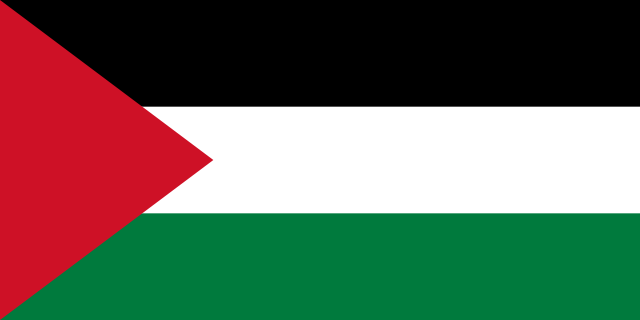International Conventions
Palestine is now recognized as a State at the UN (though non-member) and has proceeded to sign some international conventions with direct relevance to biodiversity conservation. Here are some relevant conventions signed and ratified by the State of Palestine. The state of Palestine has signed more than 42 international conventions and treaties in 2014 including basic human rights, international humanitarian law, and international criminal law, law and international public, environmental agreements pertaining to natural resources and arms. Earlier, 8 agreements were signed with the UNESCO after obtaining the State of Palestine membership in UNESCO in 2011. An excellent review entitled “Legal implications of accession of the State of Palestine to international conventions on resources and protection of natural resources” was published (Jaradat and Awad Allah, 2015). Joining international agreements consolidates the legal, political and international personality of the newly formed Palestinian State. In addition, it promotes momentum of the international solidarity, the sovereignty of the Palestinian State over its natural resources and geographical boundaries. There are six biodiversity related conventions include the Convention on Biological Diversity (CBD), Convention on International Trade in Endangered Species of Wild Fauna and Flora (CITES), Convention on Migratory Species (CMS), International Treaty on Plant Genetic Resources for Food and Agriculture (ITPGRFA), Ramsar Convention on Wetlands, and World Heritage Convention but there are others that are connected (TEEB 2009).
While the state of Palestine needs to develop better plans for managing the resources, a big impediment to implementation of the many existing plans (e.g. for water resources) or to comply with signed International treaties is the fact that the State essentially has no control over most of its natural resources (due to the Israeli occupation). The report by the UNEP (2003) made over 100 recommendations to address the environment in Palestine and eight of them deal with natural resources (1, 2, 3, 4, 21, 23, 31, 40) but none could be implemented without having sovereignty over our land and resources. Further, the Israeli occupation is one of causes of habitat destruction leading to a decline in the biodiversity of Palestine.
